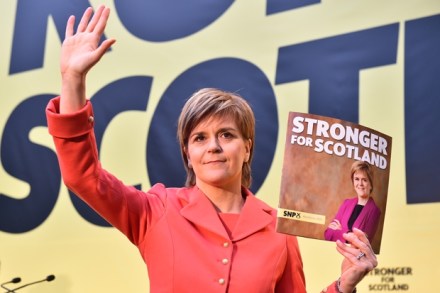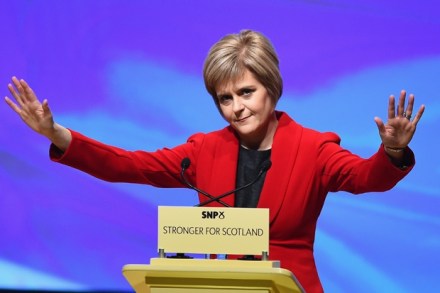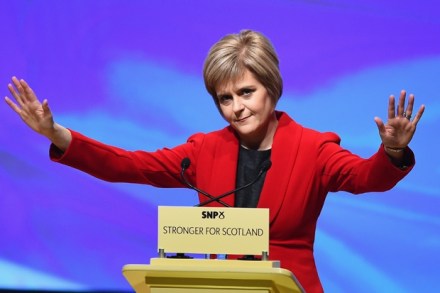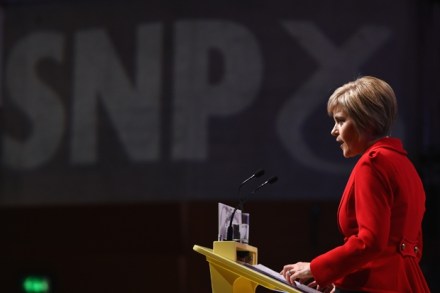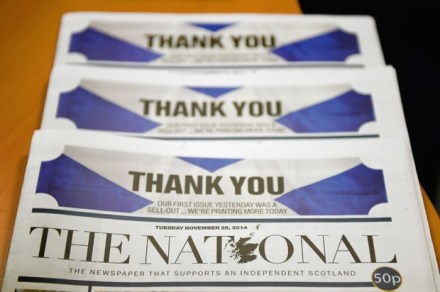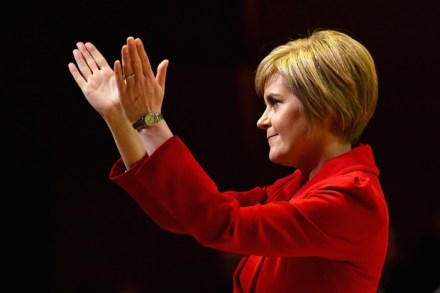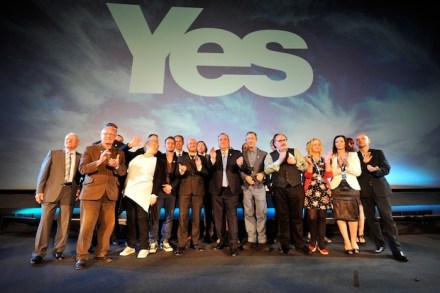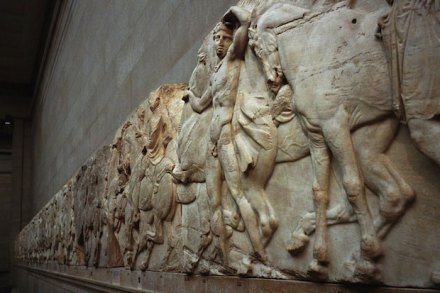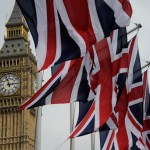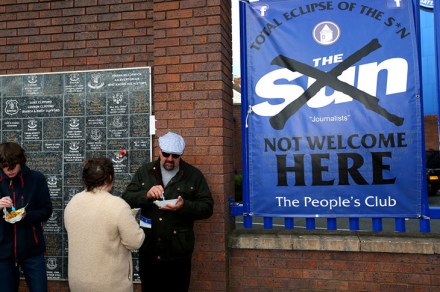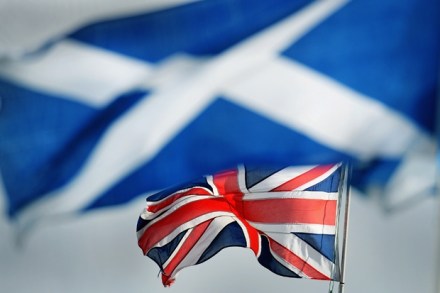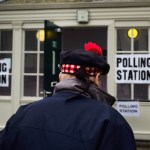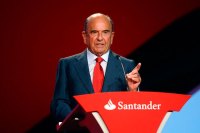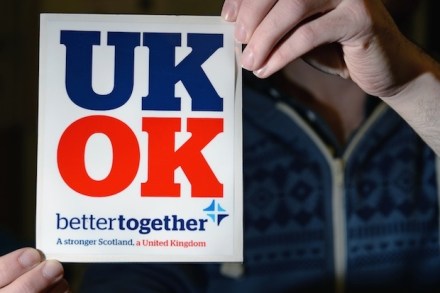Scotland’s nasty party
You get bad losers in politics and bad winners, too, but it’s surely a rare business to get a bad winner who didn’t actually win. Yet this, since they lost last September’s referendum, has been the role of the SNP. Dismay, reassessment, introspection, contrition, resignation; all of these have been wholly absent. Instead, they have been triumphalist. Lording it, with cruel and haughty disdain, over their vanquished foes. Who, we must remember, they didn’t even vanquish. Well, maybe they’ve vanquished them now. I write this pre-election, with the polls all saying that the Nats will win something between almost every Scottish seat and actually every Scottish seat. Only, of course,
